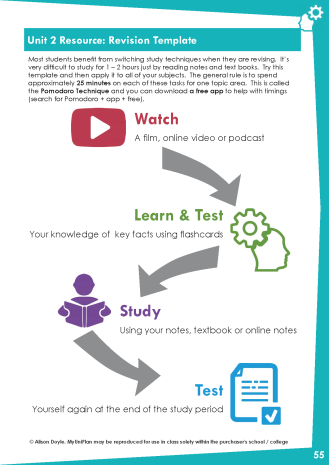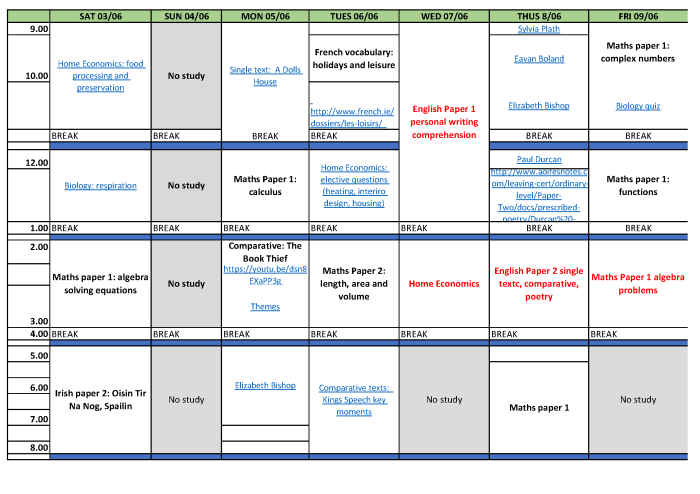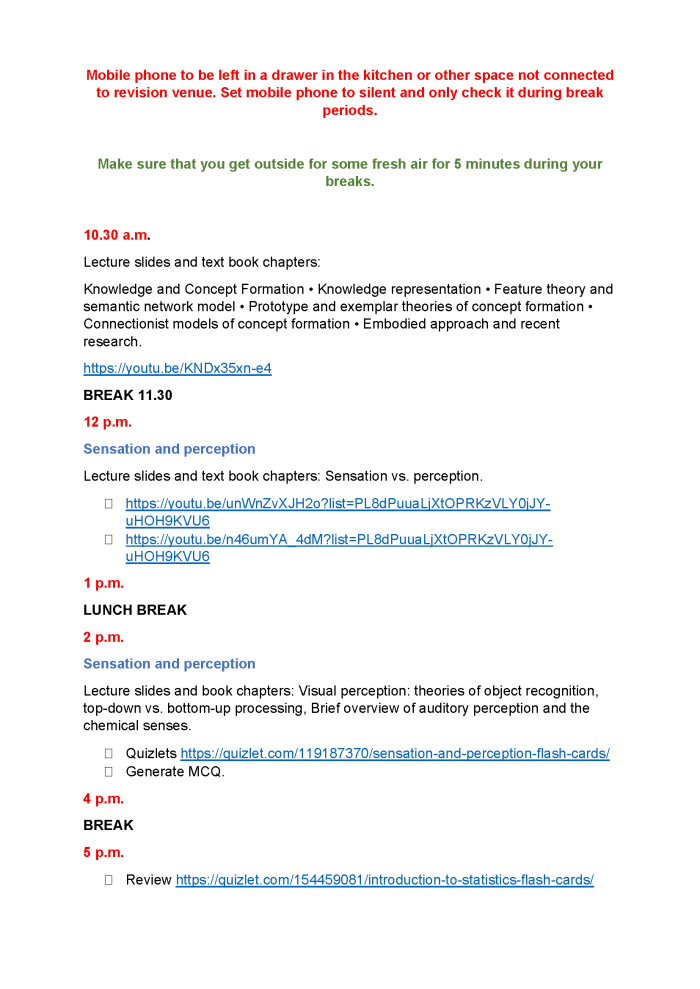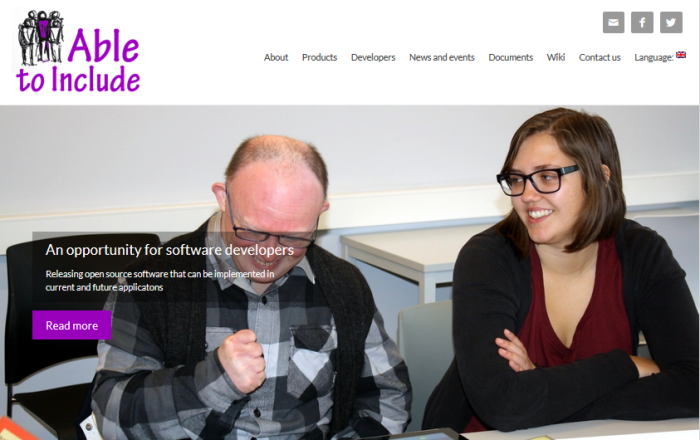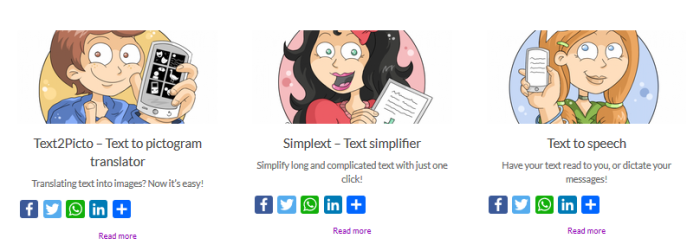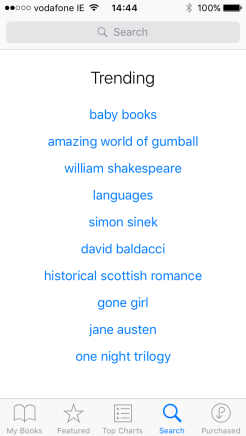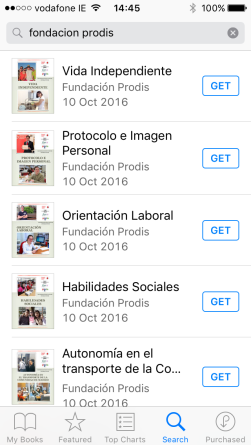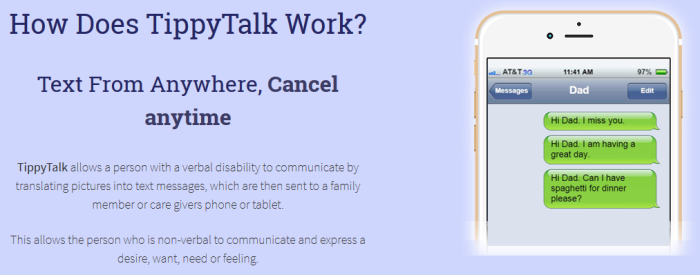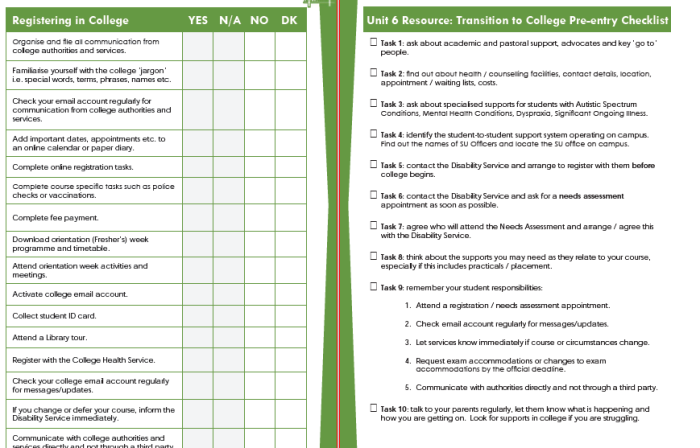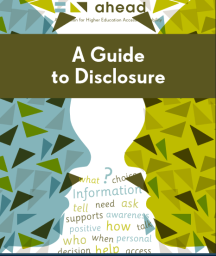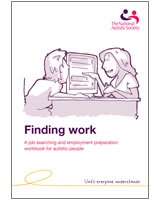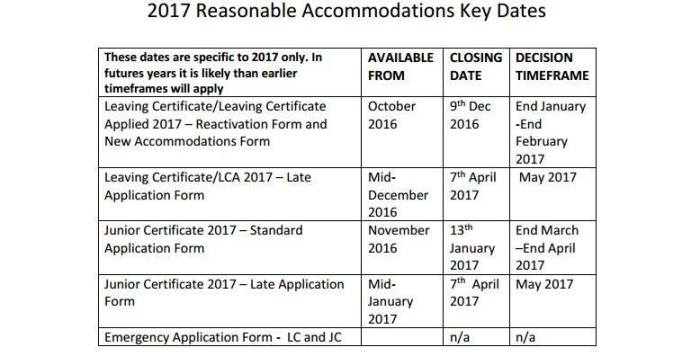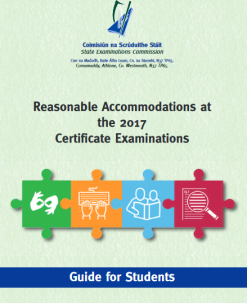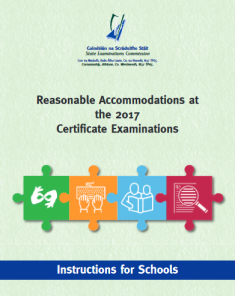I wrote about the structure and purpose of the DARE scheme in Who DARES, wins and have received many queries from students and parents about the personal statement element of the application process. Every year this task causes feelings of apprehension and anxiety for many applicants, so I am sharing here some general advice about how to approach this, bearing in mind the completion deadline of 1st March.
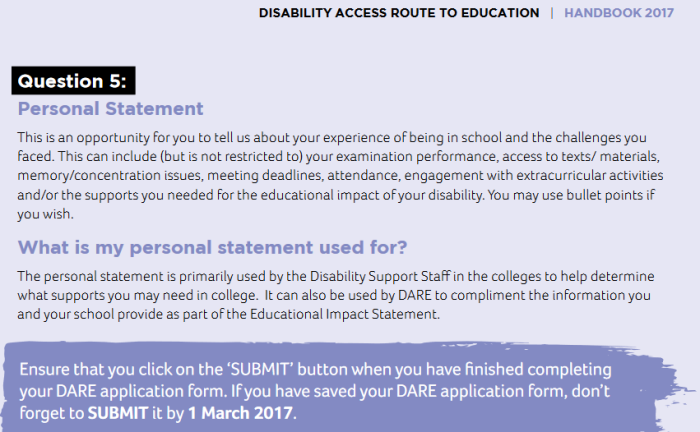
The personal statement is Question 5 of the online application DARE form, that students complete within their CAO account. As stated on page 15 of the DARE Application Guide, it provides students with an opportunity to describe in more detail, the impact of disability in the classroom, the school environment, and in completion of academic tasks. It is an important piece of supplementary information for Disability Services (DS) in colleges, universities, and Institutes of Technology. After accepting a CAO offer, the DS contacts the student to organise a Needs Assessment meeting, at which both parties discuss and agree upon the most appropriate supports and reasonable accommodations. As the number of students with a disability registering in college may be as many as 200 (depending upon the size of the institution), it is extremely useful for DS staff to have prior knowledge about the strengths, challenges and needs of each student.
Section B Educational Impact Form must be completed by the school, and on page 2, the student must respond to the following question:“Please ask the applicant: Has your educational experience been affected by your disability/condition in any of the following ways? Record their response to each of the following:
- I needed and received supports in school or exam accommodations.
- My school or class attendance has been disrupted.
- It has impacted on my overall experience of school.
- It has impacted on my school exam results and learning.
- I have experienced other educational impact not listed above.
- I have a Specific Learning Difficulty and my literacy and/or numeracy abilities have been impacted on.”
It is very important for students to think about and discuss their response to this question with parents, guardians or carers, before they meet with a member of school staff to complete the form. To meet DARE eligibility requirements, students with a Specific Learning Difficulty must meet Indicator 6 plus one other indicator. All other applicants must meet any combination of two indicators from Indicators 1 to 5.
Therefore, the personal statement should match the factors that the student indicated as having had an impact on their education. Students can include comments about any aspect of school that they have found challenging, difficult, or obstructive. This might include their performance in tests and exams, access to books and other materials or resources, access to teaching and instruction, issues with memory or concentration, the effect of any mental health condition, problems with time management and organisation, difficulties with attending school, supports received such as resource hours, technology, or help from an SNA.
It is not necessary to provide an essay type statement, it is acceptable to write in bullet points; the important thing is to communicate exactly how disability has impacted on the experience of secondary education. So a personal statement based on Impact Indicators might look something like the following example.
Patrick is a young person with a diagnosis of Autism Spectrum Disorder, Dyspraxia, and depression. Patrick has used a laptop in the classroom since 2nd year, and uses a computer in examinations (Impact Indicator 1). Patrick has regular outpatient appointments for support with social skills, and feelings of social isolation (Impact Indicator 2). Patrick also has Sensory Processing Disorder which means that he finds the physical environment very challenging, being particularly sensitive to auditory stimuli (Impact Indicator 3).
ASD has had an impact on my education, in very particular ways. Because my handwriting is both slow and at times illegible, this affected my school exam results and has also meant that I struggled to take notes in class. I was able to use a computer in the Junior and Leaving Cert which helped me to get down everything that I needed to say in a way that teachers and the examiner could understand. My school attendance has not been great as I had to attend appointments with my psychiatrist during school hours, and there have been times when depression prevented me from leaving the house. I think it has impacted on my overall experience of school, because I find social situations extremely challenging, making it difficult to fit in and to make friends, and this has made me feel very unhappy at times. Some smells and sounds cause me distress, and this is a problem if there are large numbers of people. This can affect my concentration in lessons. I become overwhelmed and get very tired, meaning that sometimes homework is impossible to complete at the end of the school day.
Barbara was diagnosed with a Specific Learning Difficulty (Dyslexia) in primary school, affecting spelling and written expression to a significant degree (Impact Indicator 6). Barbara’s psycho-educational assessment also indicates that her overall ability lies within the above average range, but this not reflected in her school results (Impact Indicator 4). She has received regular learning support in post-primary school, for help with essay writing and study skills (Impact Indicator 1).
-
I have always had help in school from the resource teacher to help me with organising information, and writing essays. She taught me how to use mind maps to learn and remember material.
-
My Dyslexia report says that I have a slow processing speed and working memory. It takes me a long time to get my thoughts down in writing. I just cannot keep up with taking notes in class, I just don’t write fast enough.
-
In general, I don’t think that my performance in exams reflects my ability. I know I’m not stupid but I just don’t get the marks.
-
It takes my brain a long time to retrieve information, so I end up writing far less than everyone else, and running out of time before I have answered all of the questions.
-
Having to study for so many subjects is hard for me, it takes such a long time to do homework.
Other examples are provided on page 14 of the DARE 2015 Application Guide.
These examples should help students to understand how the personal statement connects to communicating educational disadvantage. It is so important that students take this opportunity to tell their story.


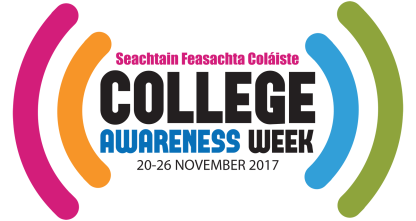 ts at the moment?
ts at the moment?